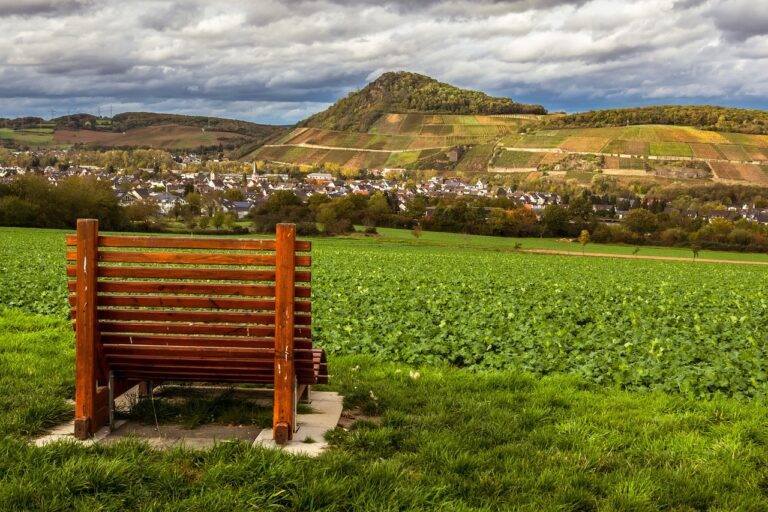Building a Sustainable Garden: Tips for Eco-Friendly Gardening Practices
Eco-friendly gardening practices are not only beneficial for the environment but also for your own health and the well-being of your garden. By avoiding the use of harmful chemicals and pesticides, you are creating a safer and more natural habitat for plants, insects, and wildlife to thrive. Furthermore, reducing water consumption by implementing sustainable watering techniques can help conserve this precious resource and lower your utility bills.
Incorporating eco-friendly practices into your gardening routine can also lead to a more balanced and resilient ecosystem. By promoting biodiversity and organic gardening methods, you are creating a harmonious environment where plants can naturally defend against pests and diseases. This holistic approach to gardening not only fosters a more sustainable and self-sustaining garden but also contributes to the overall health of the planet.
Selecting Native Plants for a Sustainable Garden
Native plants are a crucial component of creating a sustainable garden. These plants are well-adapted to the local climate, soil, and pests, making them more resistant to diseases and requiring less maintenance. By choosing native plants, gardeners can reduce the need for fertilizers, pesticides, and excessive watering, contributing to a healthier ecosystem.
When selecting native plants for a sustainable garden, consider the natural habitat of your region and choose species that are indigenous to that area. By mimicking the natural landscape, you can attract native wildlife like birds, bees, and butterflies, which play essential roles in pollination and maintaining biodiversity. Additionally, native plants help conserve water resources by reducing the need for irrigation and promoting soil health through their deep root systems.
Why should I choose eco-friendly gardening practices?
Eco-friendly gardening practices help reduce the use of harmful chemicals, conserve water, support local wildlife, and promote a healthier environment overall.
How can native plants benefit my sustainable garden?
Native plants are well-adapted to the local climate and soil conditions, making them low maintenance and more resilient to pests and diseases. They also provide food and habitat for native wildlife.
Where can I find native plants for my garden?
You can purchase native plants from local nurseries, botanical gardens, or native plant sales. You can also consider collecting seeds or cuttings from wild populations with permission.
How do I know which native plants are best for my garden?
Consider factors such as sunlight, soil type, water availability, and space when selecting native plants for your garden. It is also helpful to research which plants are native to your specific region.
Can I mix native plants with non-native plants in my garden?
Yes, you can mix native plants with non-native plants in your garden. Just be mindful of the maintenance requirements and potential impact on local ecosystems when selecting plants.





